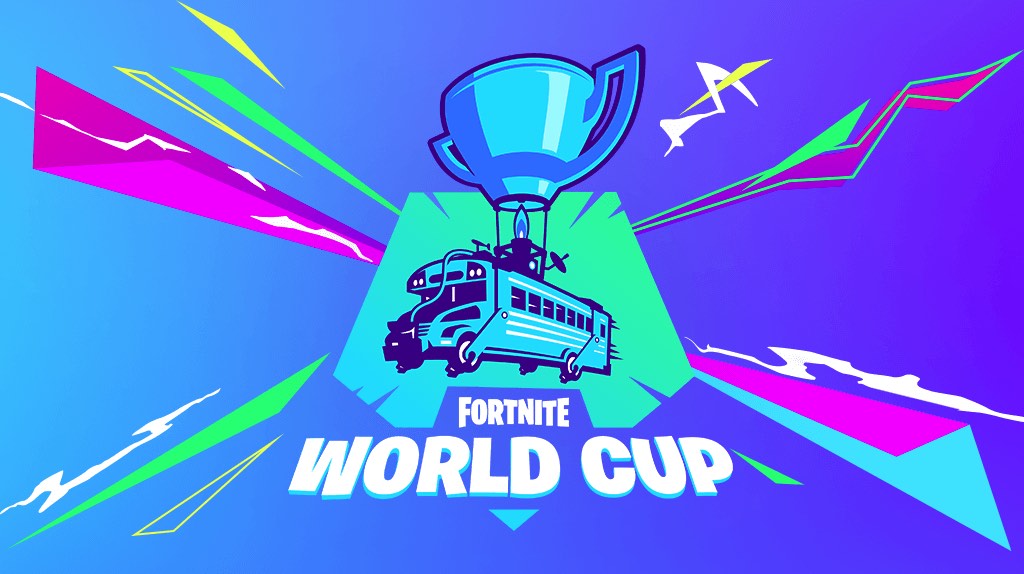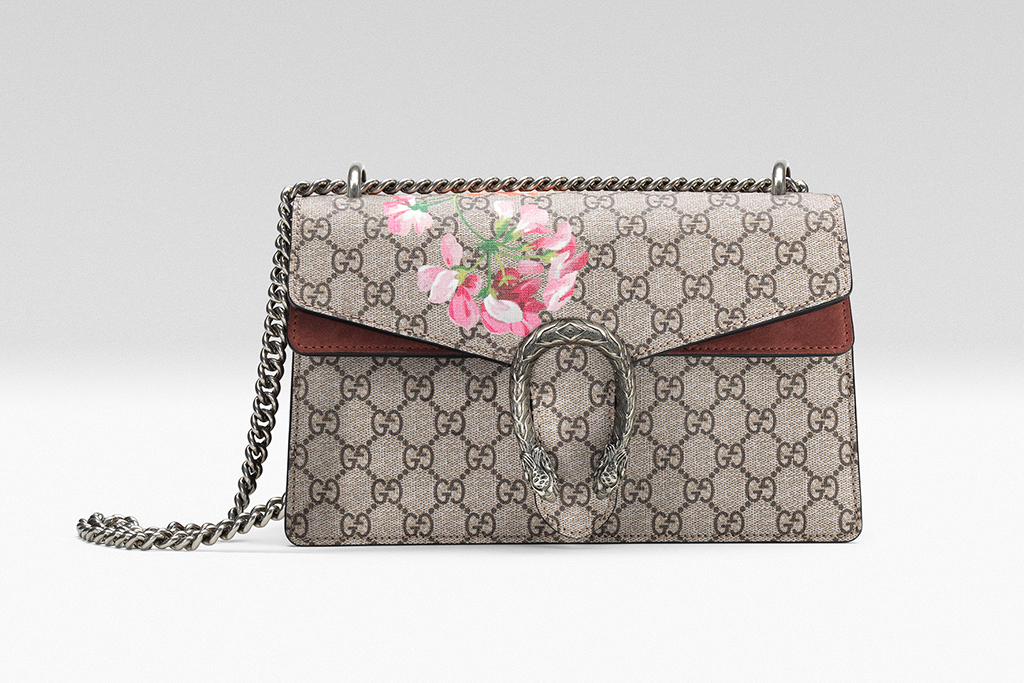Video games, aided by smartphones, have become an ingrained part of our culture and a means to socialise and stay connected. Did you know, the $159.3 billion gaming market, boosted by COVID-19 restrictions and lockdowns, is expected to reach 2.7 billion players by the end of 2021?
Throughout 2020 and beyond, gamers have had a wide range of platforms available for them to play games, with the main three gaming platforms PC, console and mobile. However, mobile gaming is slowly but surely taking over from more traditional styles of gaming such as PC and console.
Data from Statista suggests mobile gaming is expected to be worth 57% of the total gaming revenue by the end of this year, making gaming a critical and under-leveraged segment for many marketers.
Whilst perception of gaming is male-dominated and associated with white teenage males, the reality looks very different. According to Savanta, the average gamer is 34 years old, owns a house and has children.
In fact, the most avid mobile gamers are middle-aged women and 35% of Twitch streamers are female. With female gamers, who are often fashion and beauty consumers, on the rise, gaming is increasingly becoming a new avenue for fashion and lifestyle brands.
One way to tap into audiences is partnering with influencers. Influencers can command large, loyal audiences and have been shown to have a significant impact on boosting sales within the gaming industry. Gaming sponsorships provide highly lucrative for top streamers and help brands connect with new audiences and build brand awareness and consideration.
Working with influencers in the gaming industry
Brands have the opportunity to unlock new audiences through multiple touchpoints with gaming influencers who can reach audiences through both personal and shared experiences.
Brands can engage with influencers to stand out from the crowd with single executions or accompany a large brand activation with traditional media. This includes, brand sponsored team (e-sports); wearing product or merch on channel; brand sponsored stream (immune to adblock); branded emotes and creator codes (5% of in-game purchases). With the speedy growth of gaming, it’s likely that the number of gaming influencers will only increase, too.
Branded partnerships
There are two approaches to working with influencers within gaming. There are influencers who are professional streamers, like Ninja, Shroud, and Syndicate, who should be partnered with for the likes of brand deals or sponsorships during live streams. Followers watch streamers in awe of their skills but also look for strategy or movement to implement into their next game.
Then there are content creators that can produce content specifically for YouTube or TikTok – typically featuring pre-recorded games discussing strategy, tips and tricks of predictions for future updates.

Streaming platforms
A large percentage of the gaming industry isn’t even geared around playing games, but watching other people play them. With the increasing popularity of streaming platforms such as Twitch and YouTube Gaming, fans are able to watch their favorite streamers play a variety of games as you would professional sports.
In February 2020 Twitch reported 3.8 million unique broadcasters were active, with YouTube reporting over 40 Million active gaming channels as well. Game streaming is a highly interactive experience. In addition to the live gameplay footage being projected on the screen, streamers often have a camera pointed at them or the keyboard. Then, at the side of the stream is a live chat room, often referred to as “chat”. Here viewers can live react, ask questions, or donate to the streamers – often receiving different rewards for tiers of donations.
Subscribers are how streamers make income from their streams – building a fanbase/loyalty based on their schedule and games they play.

ESports, events and competitions
Gaming extends from the virtual to real world as well. Over the past few years eSports competitions have become increasingly more popular with prize pools reaching multi-millions in payouts. These virtual events typically take shape as tournaments in video games, where popular and influential YouTubers and Twitch streamers compete in a semi-competitive, highly-entertaining influencer showdown.
Additional brand partnerships lie within sponsorship of these events or players, as well as content surrounding these events such as Fortnite World Cup and League of Legends World Championships.
Brands can sponsor an existing event or even commission an experienced stakeholder in the gaming space to produce one on their behalf.
With so many new systems, new technologies, and radical designs, gaming has become a huge part of the entertainment industry. With it has come the rise of gaming expos and conventions, many of which see worldwide attendance and growing numbers every year.
These conventions and expos sit at the heart of gaming, and are centered around various game formats and types. For example role-playing games, collectible card games, miniatures wargames, board games, video games. Not only do gamers have the chance to play new games, but also a chance to see and hear first-hand what’s being released.

Reaching gamers
Alongside brands sponsoring events, with the recent event of the pandemic an explosion in video gaming hours developed, forcing brands to embrace digital in a way many haven’t before being integrated ‘in-game’.
Video games have taken a position of wider appeal among the world, more and more brands are increasingly capitalising on the opportunity, with notable collaborations like Louis Vuitton’s bespoke outfit for Qiyana from League of Legends, Burberry’s own developed game B Bounce or even Marc Jacobs and Valentino outfits making an appearance in Animal Crossing.
Recently, a Gucci virtual handbag on gaming platform Roblox sold for a higher price than the bag is worth in real life. Gucci is currently hosting a virtual garden in Roblox, in which users’ characters will become neutral mannequins when they enter, gradually absorbing elements of the exhibition as they walk through different rooms.
With COVID-19 resulting in an upsurge of gaming activity, brand marketers should consider gaming influencers to drive social buzz and immersive experiences that puts fans right at the heart.
← Back to News